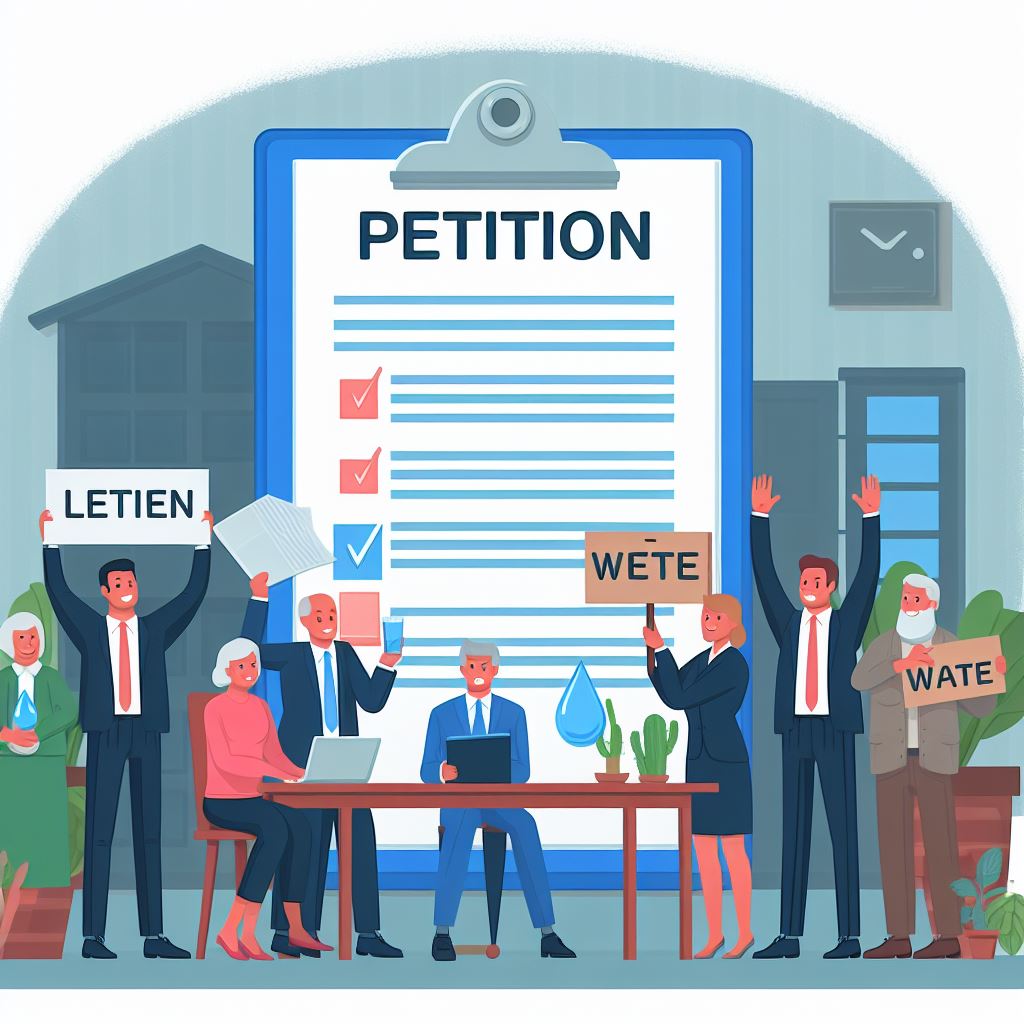In South Africa, as in many parts of the world, peaceful protests serve as a fundamental means for citizens to express grievances, advocate for change, and hold governments and institutions accountable. However, for protests to effect lasting change, protestors must articulate clear and realistic demands that address systemic injustices. In this essay, we will describe two realistic demands protestors could bring forward in their peaceful protest so that they do not face the same situation in the future.

1. Police Reform and Accountability
Historical Context:
South Africa has a long history of police brutality and excessive use of force, stemming from the apartheid era and persisting in the post-apartheid period. Incidents of police violence, including shootings, beatings, and arbitrary arrests, continue to undermine public trust in law enforcement institutions and exacerbate social tensions.
Demand for Police Reform:
Protestors could demand comprehensive reforms within the police force aimed at addressing systemic issues of brutality, corruption, and impunity. Key aspects of police reform may include:
a. Strengthening Oversight Mechanisms:
- Advocate for the establishment of independent oversight bodies tasked with investigating allegations of police misconduct, ensuring accountability, and promoting transparency in law enforcement practices.
b. Implementing Training and Accountability Measures:
- Call for mandatory training programs for police officers focused on human rights, de-escalation techniques, and cultural sensitivity.
- Demand the implementation of robust mechanisms for holding officers accountable for misconduct, including disciplinary measures, transparent investigations, and prosecution for criminal offenses.
c. Community Policing and Engagement:
- Promote community policing initiatives aimed at building trust and collaboration between law enforcement agencies and local communities.
- Advocate for the adoption of community policing strategies that prioritize dialogue, conflict resolution, and proactive engagement with residents to address underlying social issues and prevent crime.
d. Demilitarization of Law Enforcement:
- Push for the demilitarization of police forces to reduce the use of excessive force and militaristic tactics in policing operations.
- Advocate for the redirection of resources towards community-oriented policing strategies and social programs aimed at addressing the root causes of crime and violence.
2. Socioeconomic Justice and Economic Empowerment
Persistent Inequalities:
South Africa grapples with deep-rooted socioeconomic inequalities that disproportionately affect marginalized communities, including Black South Africans, women, youth, and persons with disabilities. Persistent disparities in access to education, healthcare, housing, and economic opportunities perpetuate cycles of poverty and exclusion, fueling social unrest and discontent.
Demand for Socioeconomic Justice:
Protestors could demand concrete measures to address systemic inequalities and promote inclusive economic development, including:
a. Economic Empowerment and Job Creation:
- Call for the implementation of policies and programs aimed at creating sustainable employment opportunities, particularly for marginalized groups and disadvantaged communities.
- Advocate for investment in job training, skills development, and entrepreneurship initiatives to equip individuals with the tools and resources needed to participate meaningfully in the economy.
b. Access to Basic Services and Social Protection:
- Demand the provision of affordable and accessible basic services, including healthcare, education, housing, water, and sanitation, to all South Africans, regardless of socio-economic status.
- Advocate for the expansion of social protection programs, such as social grants and unemployment benefits, to mitigate the impact of poverty and promote social inclusion.
c. Land Reform and Redistribution:
- Push for the acceleration of land reform efforts aimed at addressing historical injustices and ensuring equitable access to land and natural resources for landless communities and small-scale farmers.
- Advocate for the implementation of policies to facilitate land redistribution, secure land tenure rights, and support sustainable agriculture and rural development.
d. Fiscal Transparency and Accountability:
- Demand greater transparency and accountability in fiscal management and public spending to ensure that resources are allocated efficiently and equitably to address pressing social and economic needs.
- Advocate for the prioritization of public investments in critical infrastructure, social services, and poverty alleviation programs that benefit marginalized communities and promote inclusive growth.
Conclusion
In conclusion, by articulating clear and realistic demands for police reform and accountability, as well as socioeconomic justice and economic empowerment, protestors in South Africa can contribute to meaningful change and prevent the recurrence of similar issues in the future. These demands underscore the importance of addressing systemic injustices, promoting transparency and accountability, and advancing inclusive development to build a more just, equitable, and prosperous society for all South Africans.

